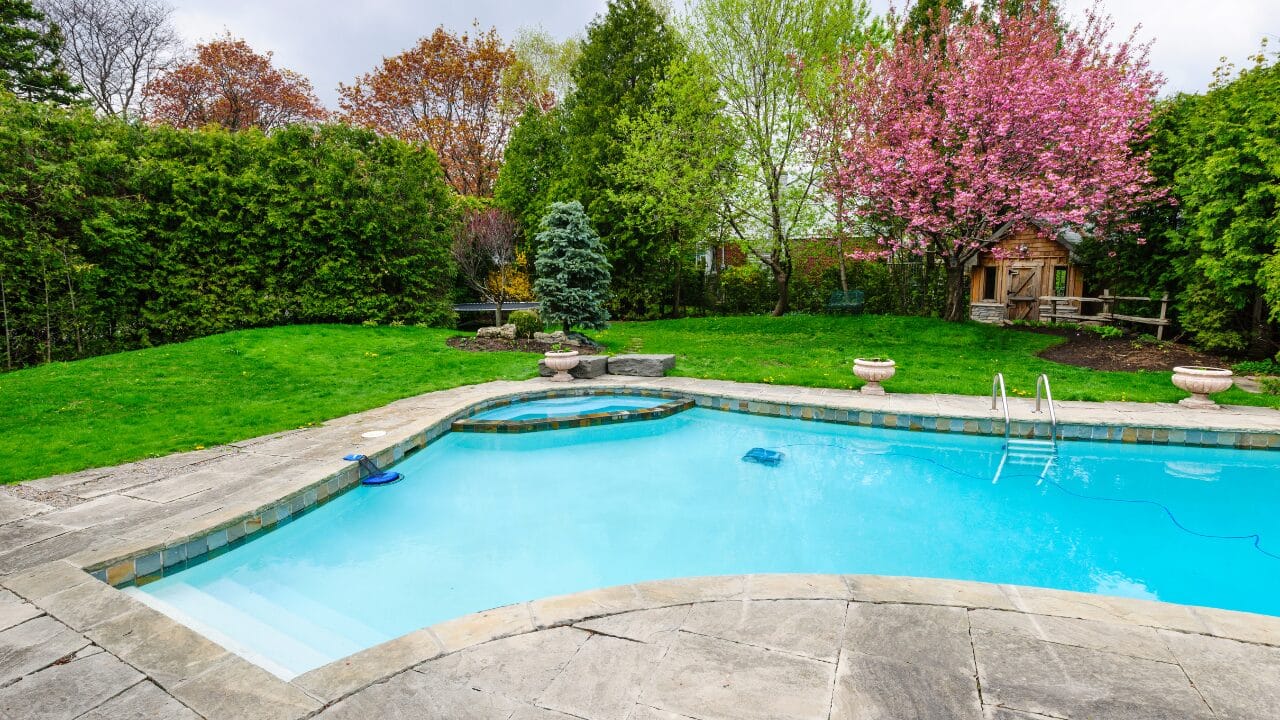A clean drainage system is essential for maintaining a healthy and hygienic living environment. Clogged drains can lead to unpleasant odors, slow water drainage, and even water damage to your home. Regular maintenance of your home’s drainage system can prevent these issues and help you avoid costly repairs.
In this blog post, we will share five tips for keeping your home’s drainage system clean and functioning efficiently.
Table of Contents
Regularly Clean Drain Strainers And Stoppers
Drain strainers and stoppers in your sinks, bathtubs, and showers play a crucial role in preventing debris from entering your drainage system. Hair, soap scum, and food particles can accumulate on these fixtures and cause clogs if not cleaned regularly. To maintain a clean drainage system:
- Remove and clean drain strainers and stoppers at least once a week.
- Use a brush or sponge to remove accumulated debris.
- Rinse the strainer or stopper thoroughly before reinstalling it.
- If you have a more serious problem or these solutions aren’t working, consider contacting professional plumbers.
Dispose Of Grease And Food Waste Properly
Grease, oils, and food waste are common culprits of clogged drains, especially in kitchen sinks. When grease and oils cool down, they solidify and stick to the walls of your pipes, eventually causing blockages. To avoid this issue:
- Never pour grease, oils, or fats down your sink. Instead, collect them in a container and dispose of them in the trash.
- Scrape food waste from dishes into the trash before washing them.
- Consider installing a garbage disposal to help break down food particles before they enter your drainage system.
Use Natural Drain Cleaners
Chemical drain cleaners can be harsh on your pipes and harmful to the environment. Instead, opt for natural drain cleaning solutions such as baking soda and vinegar for cleaning sink and effectively remove buildup without causing damage.
One popular natural drain cleaner is a mixture of baking soda and vinegar. It is completely safe to use vinegar and baking soda as drain cleaner. Here is all you need to know about using this powerful cleaning duo:
- Pour half a cup of baking soda down the drain, followed by half a cup of white vinegar.
- Cover the drain with a plug or cloth to keep the mixture inside the pipe.
- Let the solution sit for at least 30 minutes, then flush the drain with hot water.
This method can be used as a monthly preventative measure to keep your drains clean and clear.
Regularly Flush Your Drains
Flushing your drains with hot water on a regular basis can help dissolve minor buildup and prevent clogs. To do this:
- Run hot water down each drain in your home for about a minute. This is particularly effective for bathroom drains, where soap scum and hair are common.
- For kitchen sinks, consider boiling a pot of water and pouring it down the drain to help break down grease and food particles.
- Make it a habit to flush your drains weekly or monthly, depending on how prone your drains are to clogging.
Schedule Professional Drain Cleaning
Even with diligent maintenance, it’s a good idea to schedule professional drain cleaning services periodically. Professional plumbers have specialized equipment and expertise to thoroughly clean your home’s drainage system and address any underlying issues.
Benefits of professional drain cleaning include:
- Removing stubborn clogs and buildup that may be difficult to reach with DIY methods.
- Inspecting your drainage system for potential problems, such as tree root intrusion or pipe damage.
- Providing recommendations for preventative maintenance and addressing any issues they find.
- Scheduling professional drain cleaning annually or biannually, depending on your home’s needs, can help keep your drainage system in optimal condition.
Conclusion
Maintaining a clean drainage system in your home is essential for preventing clogs, odors, and potential water damage. By following these five tips, you can help ensure that your home’s drains remain clean and functioning efficiently. Regularly clean drain strainers and stoppers, dispose of grease and food waste properly, use natural drain cleaners, flush your drains regularly, and schedule professional drain cleaning services as needed.





